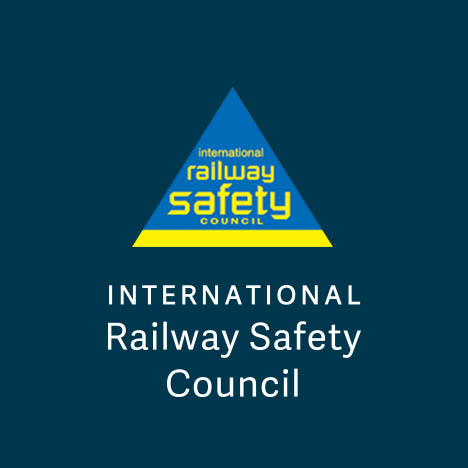For more than three decades, the European Union (EU) has been working on setting up a Single European Railway Area. This consists in creating a single railway market with the right conditions to increase the railway modal share compared to other more polluting means of transport. To achieve these goals, the EU has implemented policies pursuing the following objectives: national markets opening to foreign operators; technical and operational standardisation to increase the interoperability of national systems; and developing and facilitating cross-border railway connections. However, since EU Member States have developed their own technical and organisational characteristics over more than a century, several operational barriers to international traffic persist, one of the most significant ones been the diversity of languages used in railway operations. In fact, the EU recognises 24 official languages, and unlike the aviation sector, there is no unique language in the European railway area. France alone has 33 border sections with 9 different countries and 5 languages used in cross-border operations.
Managing this linguistic diversity creates many organisational difficulties for operators. EU regulation requires train drivers and some other staff to prove a given level of proficiency in the foreign language when they work abroad. This requirement makes recruitment harder and generates additional costs for companies. Mastering language diversity is also safety-critical, due to possible cases of miscommunication between operators, and the need to manage multiple intermediaries in the exchange of information, especially in emergency situations.
Communication and interfaces between actors are key elements in railway operations, and for this reason addressing the issues related to language are essential for the development of railway transport between countries: which solutions can be implemented to overcome this obstacle and to promote interoperability ensuring a high level of railway safety?
The French National Safety Authority (EPSF) supervises railway safety and supports the development of railway interoperability in Europe. Thus, EPSF intervenes in the debate and supports concrete projects to overcome the language barriers in various ways: at operational level, helping railway actors in developing concrete solutions; through dialogue with decision-makers, contributing to regulatory developments; and with research institutes, to anticipate the impact of innovative communication tools. Therefore, EPSF has
a horizontal and multidisciplinary view on the issue and for this reason it wishes to share its experience on the different possible solutions, their advantages and disadvantages.

